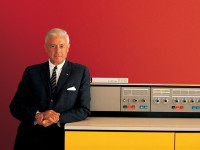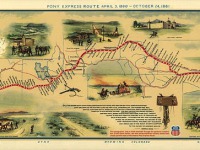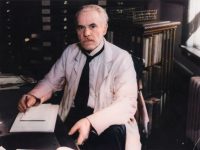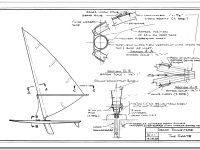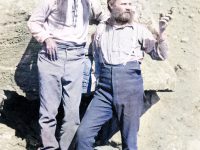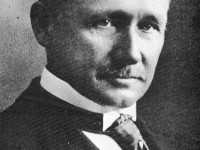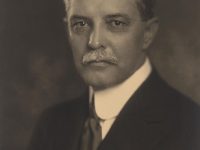The IBM System/360 and the Use of Microcode
On April 7, 1964, IBM introduced the IBM System/360, a rather successful family of mainframe computer systems, originally produced between 1965 and 1978 using microcode to implement the instruction set. It was the first family of computers designed to cover the complete range of applications, from small to large, both commercial and scientific. The design made a clear distinction between architecture and implementation. Also if you are not a computer scientist, you might…
Read more

